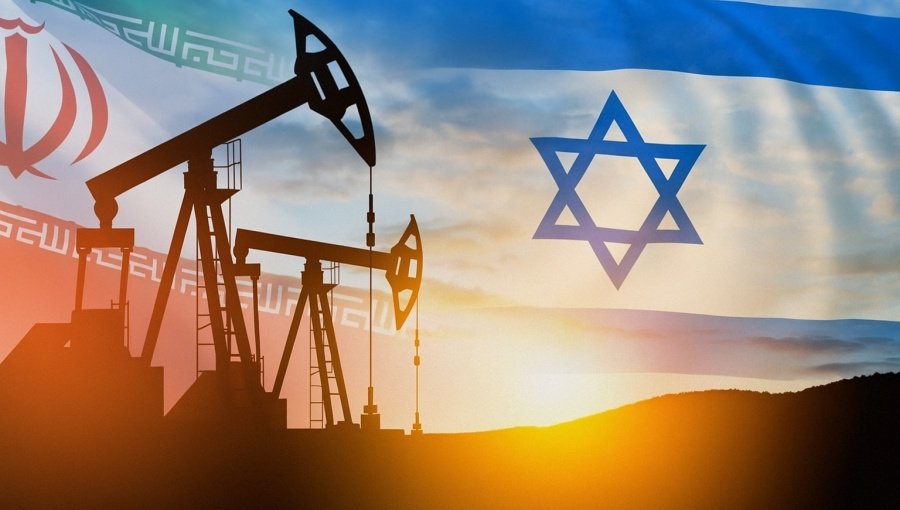Iraq Oil Revenue, The recent 12-day Iran-Israel conflict brought mixed economic effects for Iraq. While the country earned more from higher oil prices, it also faced rising costs and lost revenue in several sectors. As a result, Iraq found itself in a state of economic balance — gaining no real profit but avoiding serious losses.
Mudhhir Mohammed Saleh, the financial and economic adviser to the Iraqi government, described the event as a “double-edged shock.” He explained that Iraq benefited from a short-term rise in oil prices, which jumped by 6 to 7 percent per barrel. This brief surge helped increase government income.
With daily oil exports averaging 3.3 million barrels, the Iraq oil revenue during the conflict rose by about $150 to $160 million. According to Saleh, these extra funds came without any disruption in export flows. Iraq continued exporting oil even as regional tensions threatened to close Gulf shipping routes.
Despite this gain, Saleh highlighted a long list of economic setbacks. The war caused global instability, which led to higher import costs. Disruptions in maritime insurance raised the price of shipping. Iraq also suffered losses in air transport and missed out on fees from foreign aircraft that usually pass through its airspace.
Furthermore, religious tourism — an important source of income for Iraq — dropped sharply during the fighting. Many visitors canceled travel plans, affecting local businesses and service providers across cities like Najaf and Karbala.
The Iraq oil revenue gains, Saleh explained, were matched almost equally by indirect financial losses. This left the economy in a “neutral uncertainty,” with neither a meaningful surplus nor a sharp deficit.
Saleh advised against depending on temporary gains driven by war. “These are not stable or reliable sources of income,” he warned. Instead, he urged Iraqi policymakers to create a sovereign emergency fund. This fund would help the country manage future crises and reduce the burden on public spending during uncertain times.
He also recommended building at least four alternative oil export routes. New infrastructure would protect Iraq from supply chain disruptions and enhance economic security. Such routes would give Iraq more options if existing corridors are ever blocked by political or military events.
In conclusion, the Iraq oil revenue increase provided a short-term cushion, but the country still faces long-term economic challenges. Leaders must act now to protect the economy from future shocks and ensure steady growth.


